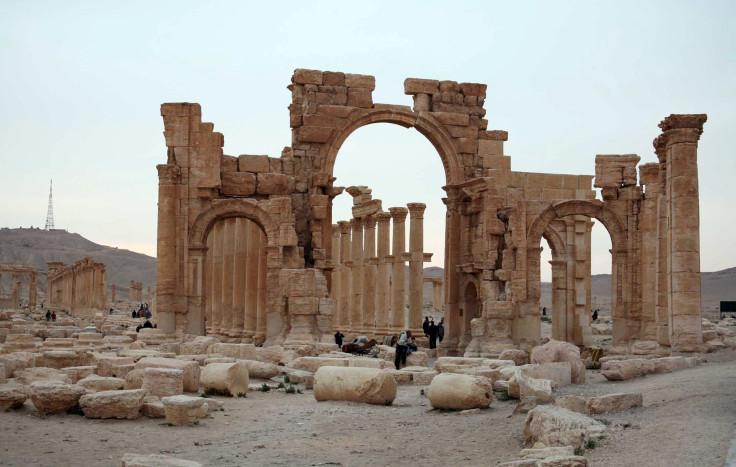ISIS Beheading: Who Is Khaled Asaad? Archaeologist Executed In Palmyra By Islamic State Militants

Islamic State group militants beheaded an antiquities scholar in the ancient city of Palmyra, according to Syrian state media and an activist group. Khaled Asaad was reportedly taken hostage by ISIS after the group seized the Unesco World Heritage site in May.
Maamoun Abdulkarim, head of the Antiquities and Museums Department in Damascus, reportedly said Tuesday that Asaad’s family informed him that the 81-year-old scholar, who lived in Palmyra for 50 years, was killed and his body hung from one of the Roman columns. Asaad was reportedly a university professor and was head of antiquities in Palmyra.
"Just imagine that such a scholar who gave such memorable services to the place and to history would be beheaded ... and his corpse still hanging from one of the ancient columns in the centre of a square in Palmyra," Abdulkarim reportedly said. "The continued presence of these criminals in this city is a curse and bad omen on (Palmyra) and every column and every archaeological piece in it."
The capture of the ancient city in May -- in the same week as the seizure of Ramadi in Iraq -- was a key military gain for ISIS. The militant group has a history of destroying the “idols that the infidels used to worship.” Syrian officials had earlier said that they moved hundreds of ancient statues from Palmyra, before the city's capture, out of concern they would be destroyed by ISIS militants.
In June, ISIS blew up at least two shrines in Palmyra, giving rise to renewed concerns over the fate of other priceless monuments in the well-preserved, 2,000-year-old Roman-era city.
© Copyright IBTimes 2024. All rights reserved.





















